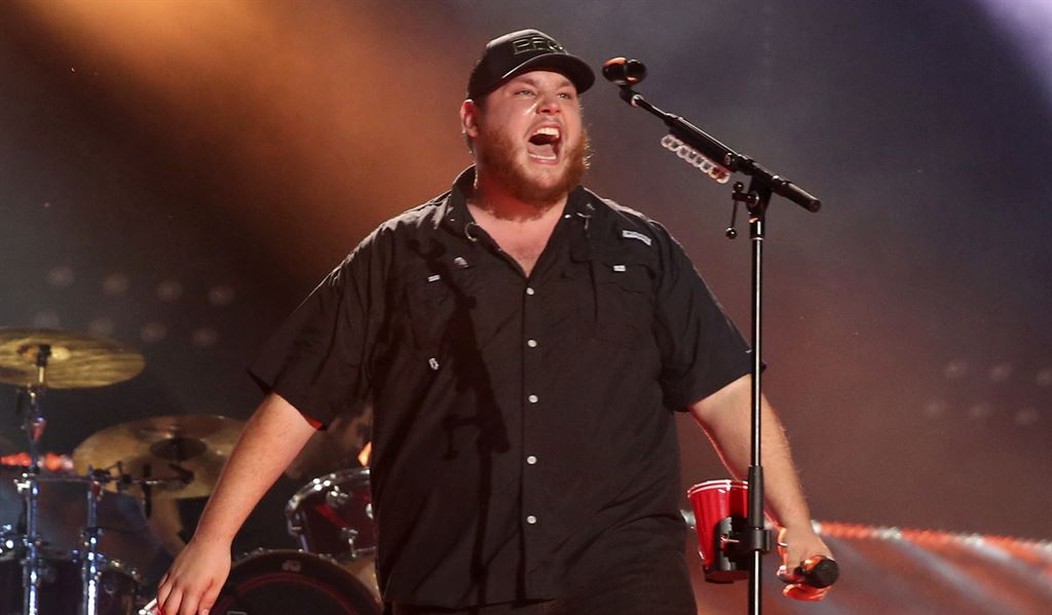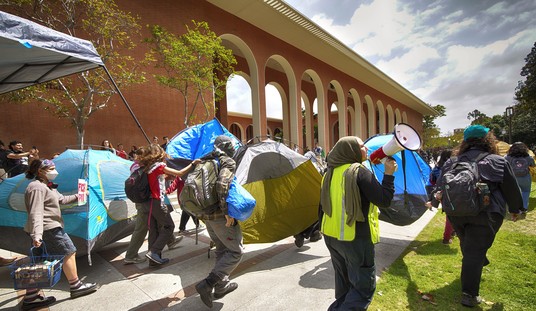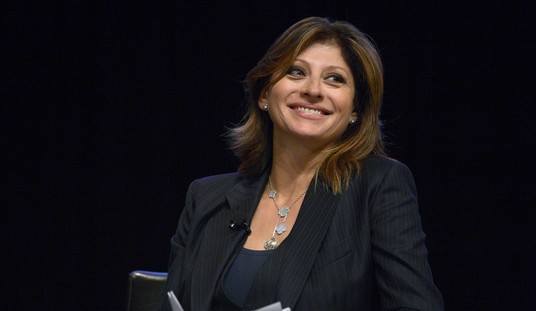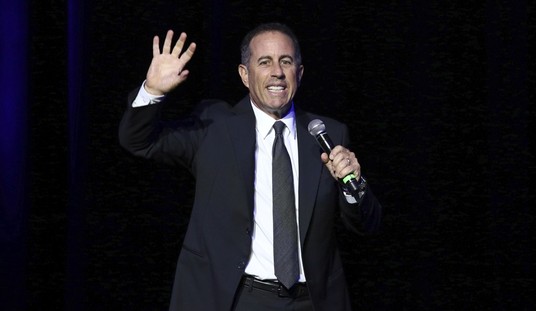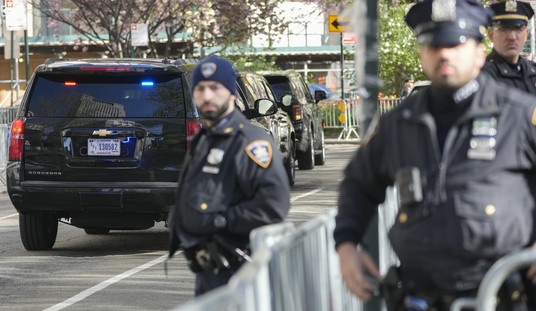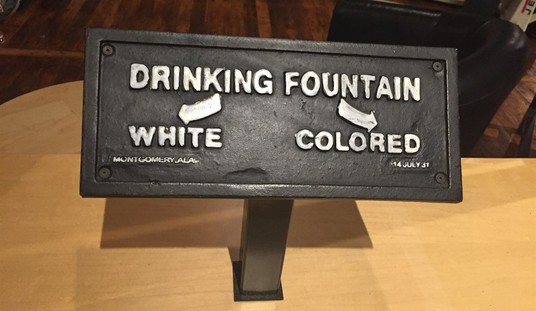Of all the ridiculous things to be outraged about, this must be one of the most absurd. Remember the song “Fast Car” by Tracy Chapman? It came out in 1988 and was a smash hit. I loved the song. I remember my mom playing it, and I could tell the song had an uncommon depth to it even though I was only eight years old. I don’t think I have ever met someone who doesn’t like the tune.
But now, it has become the subject of a fake controversy thanks to a columnist who penned a piece for the Washington Post in which style reporter Emily Yahr took issue with a straight white country singer who covered the song.
Country music star Luke Combs’ cover of Tracy Chapman’s “Fast Car” unexpectedly went viral on TikTok and reached No. 1 on the Billboard Country Airplay chart. However, this success did not sit well with Yahr and some others due to the underrepresentation of Black queer women like Chapman in country music.
The author argued that the success of the cover highlights the lack of diversity in the genre, with data showing that songs by women of color and LGBTQ+ artists are vastly underrepresented on country radio. Chapman’s classic song’s success has led to conversations about the larger issues of inclusivity and representation in country music:
In March, country music star Luke Combs, 33, released a new album, “Gettin’ Old,” that included “Fast Car,” a longtime favorite that he covered during live shows for years. But when the track hit streaming services, it took on a life of its own, racking up enormous numbers and going viral on TikTok. Country radio stations started playing it, and the song was suddenly outpacing Combs’s actual single, “Love You Anyway.” Combs and his team were stunned by the response, and his label eventually started promoting “Fast Car” to country radio as well. Last week, it reached No. 1 on the Billboard Country Airplay chart; it was at No. 3 on the all-genre Hot 100 chart, after peaking at No. 2.
To quite a few people, this is cause for yet another celebration in Combs’s whirlwind journey as the genre’s reigning megastar with 16 consecutive No. 1 hits. But it has also prompted a wave of complicated feelings among some listeners and in the Nashville music community. Although many are thrilled to see “Fast Car” back in the spotlight and a new generation discovering Chapman’s work, it’s clouded by the fact that, as a Black queer woman, Chapman, 59, would have almost zero chance of that achievement herself in country music.
“Fast Car” is a poignant folk-rock song that tells the story of a young couple trying to escape the cycle of poverty and create a better life for themselves. The song’s narrator, who is also the protagonist, dreams of leaving their small town with their partner and starting anew in a different place. The “fast car” in the song symbolizes the hope of a better life and the means to escape their current circumstances.
Throughout the song, the narrator expresses a yearning for a different future, free from the struggles and hardships they currently face. They envision a life filled with opportunity and happiness, where they can be someone and achieve their dreams. The song also touches on themes of love, determination, and the desire for freedom and independence.
In short, it’s a beautiful song telling a story that is relatable to most Americans regardless of ethnicity, sexuality, or other characteristic.
There are more than a few issues with Yahr’s arguments. Firstly, she uses Chapman’s song as the basis for her argument that Black and queer artists could never break through in country music. This assertion disregards historical facts and the impact of the song during its original release. When “Fast Car” debuted in 1988, it quickly gained massive popularity and widespread acclaim. It was nominated for three Grammy Awards, including Song of the Year, and catapulted Chapman to stardom. To suggest that the song was ignored until a white artist covered it is a misrepresentation of its historical success and cultural significance. It did not need to be a country song to succeed.
Moreover, “Fast Car” became an anthem for many during that time, resonating with a broad audience due to its heartfelt lyrics and Chapman’s soulful delivery. The song’s popularity was not dependent on any subsequent covers but was firmly established during its initial release. Thus, it’s crucial to recognize that Chapman’s original work deservedly earned its place as a beloved classic independently of any covers or remixes.
Furthermore, the article implies that raising concerns about representation and diversity in the country music industry appears to be a tactic to foment more division. It reflects several left-wing attacks on country music in general. I have yet to see one of these folks prove that the reason why there are not more black and brown folks in country music is because the industry is racist. However, given the vastly conservative audience, I might see why folks in the LGBTQ community might have a harder time.
Still, if people want the country music industry to be more “inclusive,” they could come up with better ways of going about it. Using Luke Combs’ cover of Chapman’s song, which she wholeheartedly agreed to, as a way to push division isn’t the way.

